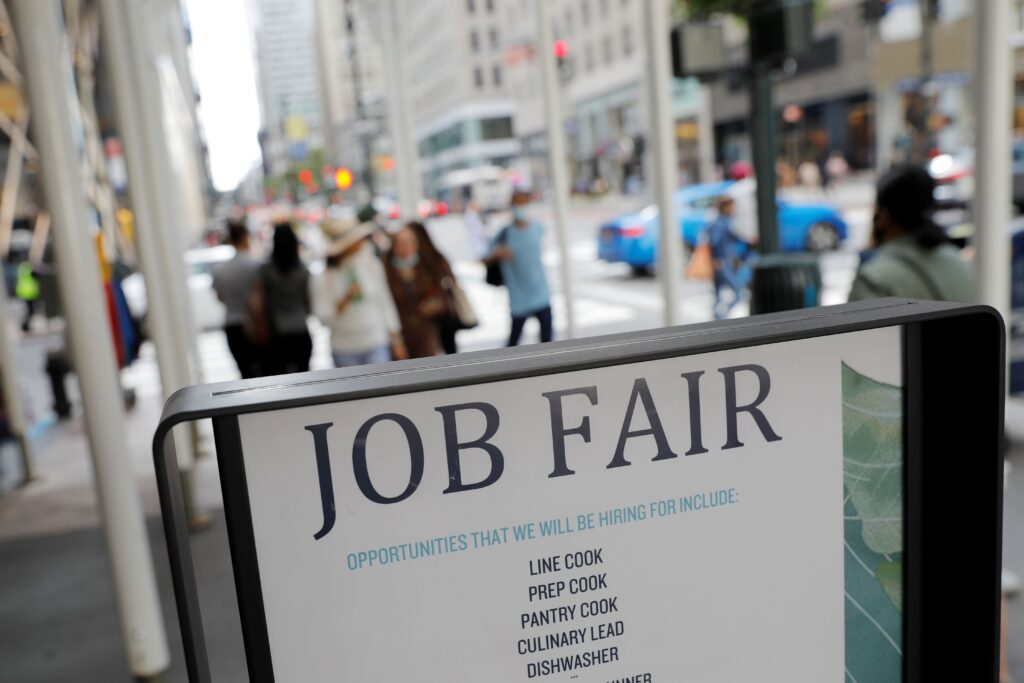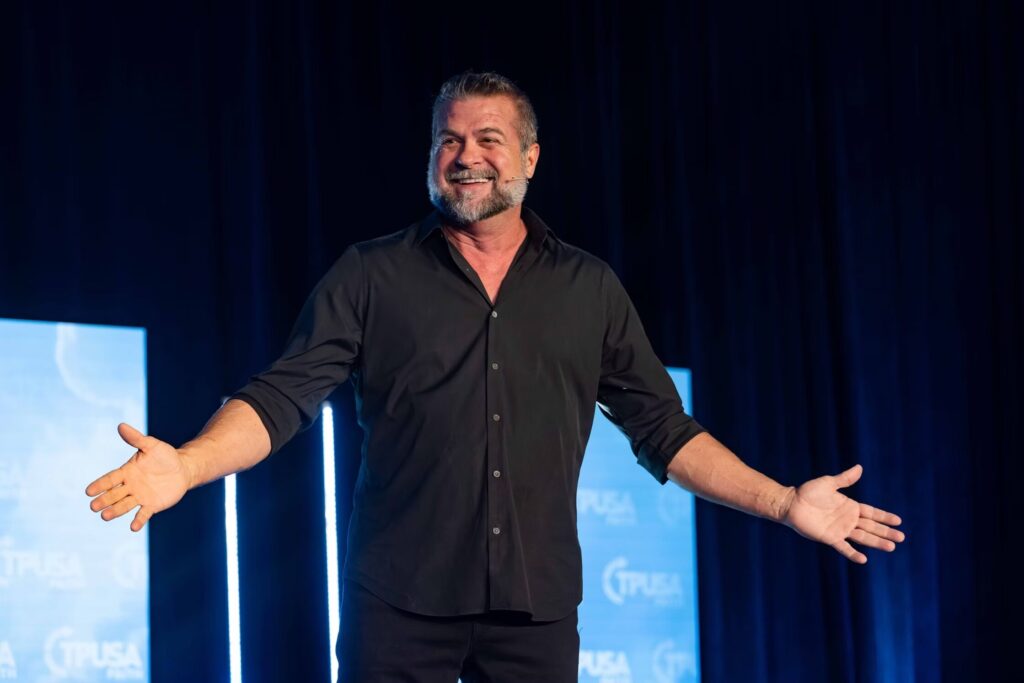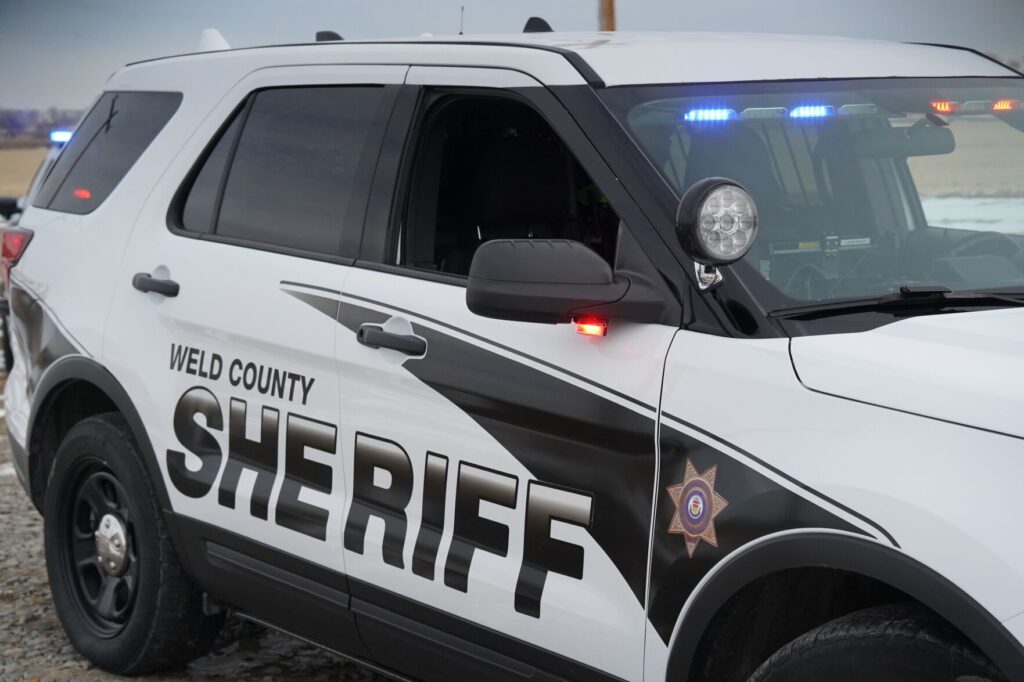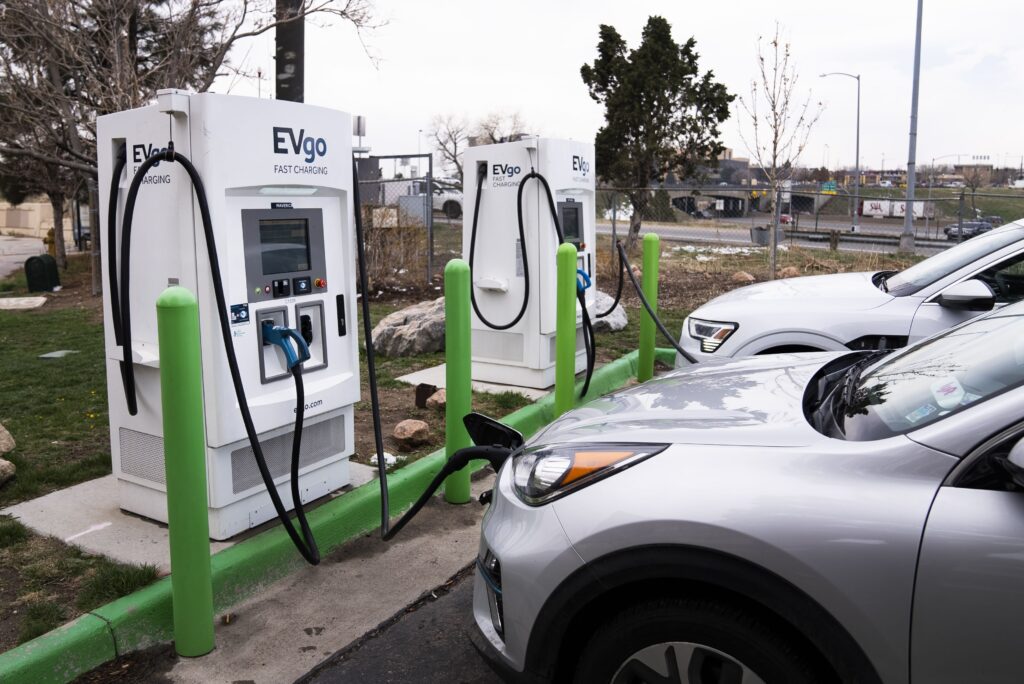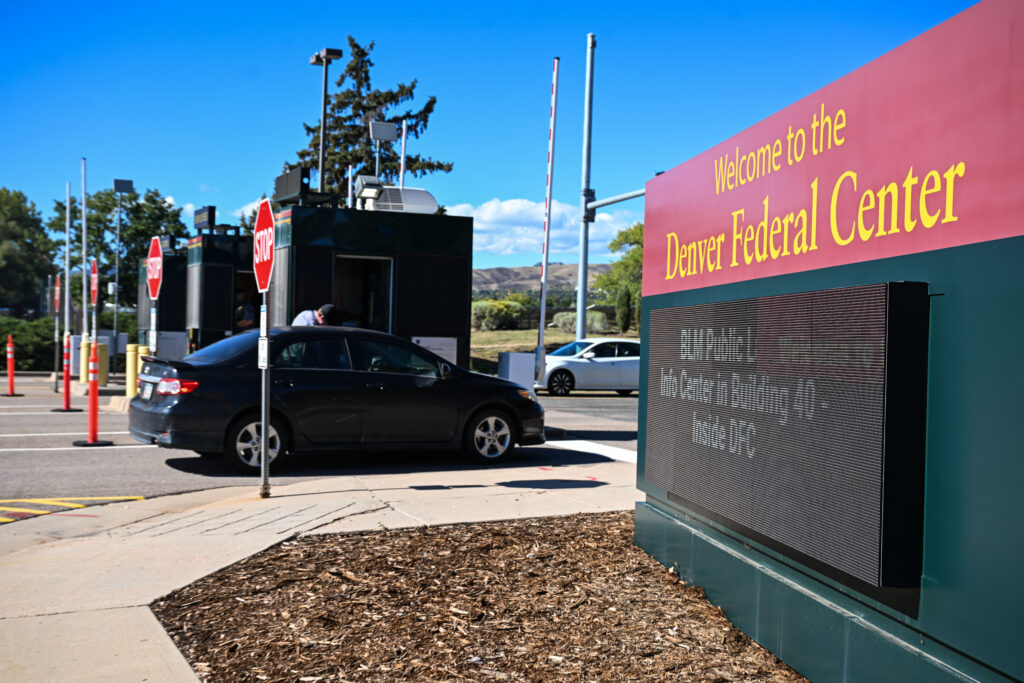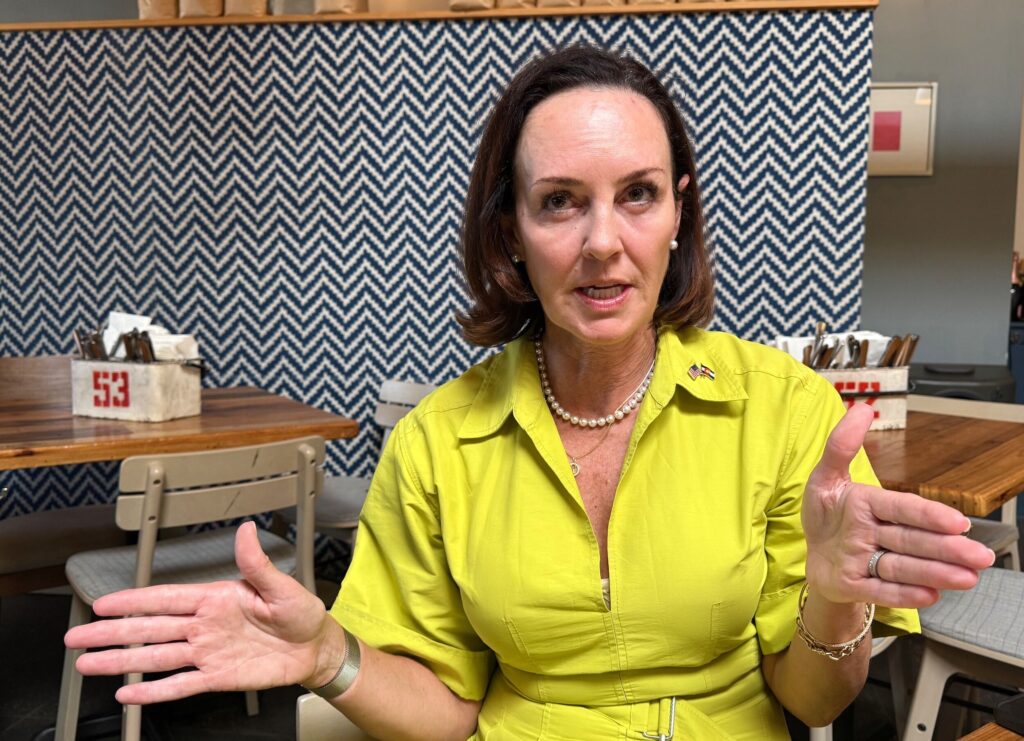More Colorado groups file briefs on LGBTQ rights in Masterpiece cake SCOTUS case
More groups gave their thoughts to the U.S. Supreme Court Monday on whether a Lakewood baker had the right to refuse to serve a same-sex couple in 2012.
Masterpiece Cakeshop owner Jack Phillips said doing so would violate his religious beliefs.
Colorado Politics told you last week that Republican state Attorney General Cynthia Coffman had filed an amicus brief saying the refusing an otherwise publicly available service to a particular group is a violation of the state’s anti-discrimination law.
The Trump administration weighed in on the side of Phillips in a brief last week.
The case that pits politically volatile issues of equal rights and religious liberty. The high court decision would add another wedge issue to the tension of next year’s mid-term elections, which already includes healthcare, immigration and tax reform.
The American Civil Liberties Union of Colorado and the Denver civil rights law firm King & Greisen filed a brief last week on behalf of the two men denied service, Dave Mullins and Charlie Craig. They asked the court to consider the far-reaching consequences of allowing a business to decide who it chooses to serve by citing religious beliefs.
“Charlie and Dave walked into the Cakeshop and were turned away for who they are,” Louise Melling, the deputy legal director of the ACLU, said in a statement issued.
One Colorado, the state’s largest LGBTQ advocacy group, was among those submitting briefs to the court Monday.
You can read that brief by clicking here.
“Creating exceptions to anti-discrimination laws is a dangerous thing,” said former state Sen. Pat Steadman, a crusading attorney who helped overturn Amendment 2, the constitutional amendment passed by Colorado voters in 1992 banning state and local laws that blocked discrimination based on sexual orientation.
“Unless our laws protect everyone equally they end up protecting no one at all. The stakes in this case couldn’t be higher because the exception sought by the bakery creates a loophole big enough to drive a truck through.”
His statement continued, “And it isn’t just LGBT folks that will fall through that loophole; all civil rights protections for all protected classes are at risk. Fortunately, as our brief makes clear, a long line of court precedent has established that anti-discrimination laws must be applied even-handed and without special exceptions for people who somehow think they’re more special than others.”
One Colorado executive director Daniel Ramos likened the issue to the Amendment 2 fight.
“All hardworking people, including those who are lesbian, gay, bisexual, transgender, or queer, should be treated fairly and equally under the law,” he said. “When they walk into a business that’s open to the public, they should be treated like anyone else and not be discriminated against.
“Freedom of religion is one of our most fundamental rights as Americans, which is why it’s protected by the First Amendment to the Constitution. But that freedom does not give any of us the right to harm other people, to impose our beliefs on others, or to discriminate.”
Craig Konnoth, a professor at the University of Colorado law school, wrote One Colorado’s brief to the high court.
“Our brief is fundamentally about fairness and treating all Coloradans equally,” he said in a statement. “Creating a right that allows individuals to violate democratically enacted laws whenever they want, by claiming speech or their religion gives them permission, will open a can of worms that hurt all of society, especially members of minority groups like LGBTQ Coloradans.”


